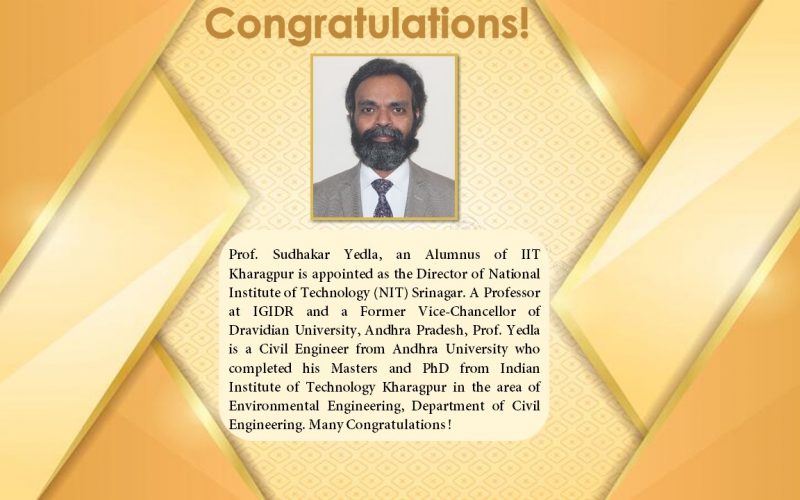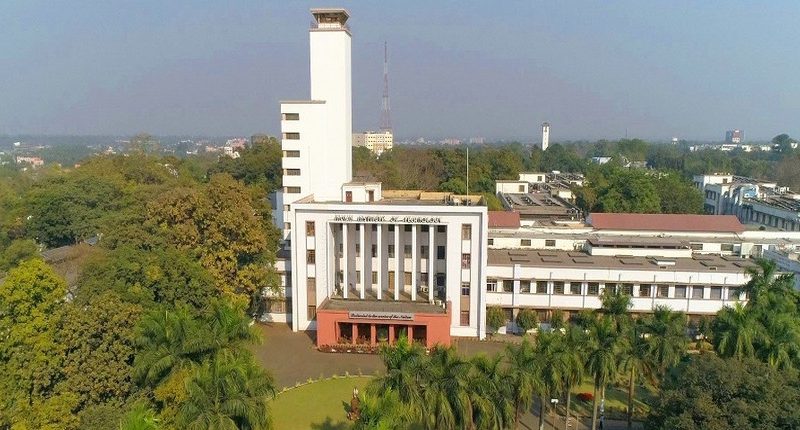
IIT Kharagpur Researchers Aids to Green Construction to Reduce Global Warming
Climate change and green and sustainable growth have found top most importance in India’s G20 presidency this year. Not only India, but all the leading economies have spoken in one voice on it. To revolutionize green construction, a team from IIT Kharagpur, Department of Electronics and Electrical Communication Engineering, led by Prof. T.K Bhattacharyya, Scientist Dr. Jhimli Manna, Mr. Ayan Chatterjee, and Dr. Debmallya Das have developed and patented a Nano-Engineered Graphene derivative to reduce clinker factor from cement as well as concrete which can save the CO2 emission upto 25% annually. In addition, it will help to reduce the…


